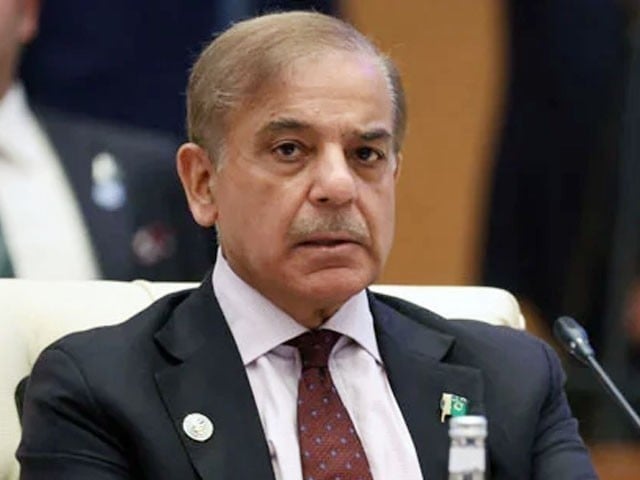Over the past year, the Shehbaz Sharif administration has enacted groundbreaking financial sector reforms that have significantly impacted Pakistan’s economy. These reforms have addressed critical economic issues and laid the foundation for long-term growth. However, challenges remain, including the need to expand the tax base, manage long-term debt, increase financing for small and medium-sized enterprises (SMEs), and strengthen regulatory enforcement.
This is highlighted in the newly released Pakistan Reforms Report 2025 by Mishal Pakistan, which evaluates over 120 reforms implemented between January 2024 and February 2025, with a focus on governance, economic stability, and social inclusion.
The report serves as a comprehensive overview of legal and structural changes that have shaped Pakistan’s economic, social, and political landscape, rather than assessing the effectiveness or quality of these reforms.
One key point of the report is that the 2024 general elections were marred by allegations of anomalies, which led to increased political polarization and created a fragmented government environment. Opposition parties and the public largely opposed the implementation of various policies, further complicating the reform process.
Another crucial observation concerns Pakistan’s digital transformation, which is at a pivotal moment. While regulatory reforms and infrastructure projects have positioned the country as a growing digital economy, concerns over internet restrictions, cybersecurity enforcement, and bureaucratic inefficiencies threaten to hinder progress. A balanced approach—prioritizing security, encouraging investment, and fostering innovation—will be essential for Pakistan to succeed in the global digital landscape.
The National Accountability Bureau (NAB) has made notable strides toward accountability, but several of its practices remain under scrutiny. Critics have raised concerns about selective investigations and a lack of transparency, with calls for a more consistent and impartial approach. Strengthening procedural safeguards and clarifying the relationship between political dynamics and investigation priorities are essential for improving NAB’s effectiveness.
The report also highlights the underwhelming performance of the Competition Commission of Pakistan (CCP), which recovered only Rs 100 million in penalties over the past year. Despite its efforts, the CCP’s impact remains largely symbolic, and there are calls for stronger sanctions, quicker adjudication, and improved legal support to deter market manipulation effectively.
Another point of contention is the CCP’s decision to build its headquarters in Islamabad, with a ground-breaking ceremony scheduled for March 2025. While the CCP argues that this move will save Rs 110 million in annual leasing costs, critics believe that focusing on infrastructure development over regulatory strengthening is misplaced. With limited budgets, backlog cases, and enforcement issues, the CCP should prioritize improving its market interventions and legal reforms before investing in physical assets.
A significant change in the energy sector has been the deregulation of the inland freight equalization margin (IFEM), which aims to attract foreign investment in pipeline infrastructure and promote competition in fuel transportation. However, this shift may lead to regional price disparities that disproportionately affect rural customers. Policymakers will need to ensure fair fuel pricing across the country by balancing deregulation with regional equity.
Although the energy sector has seen substantial reforms, challenges remain. While the privatization of Distribution Companies (Discos) could improve service efficiency, there are political and structural hurdles to overcome. Additionally, the public-private partnership (PPP) model still faces hesitations from foreign investors due to regulatory complexities, despite new procurement procedures. Moreover, Pakistan’s green bond market remains in its early stages, and the transition to green finance has been slow.
Progress in security, governance, and investor confidence is visible, but the ultimate test of these reforms will be ensuring that policies are ethically applied, concerns of overreach are addressed, and a balance is maintained between security and civil liberties.
The Ministry of Law and Justice has made notable progress in reforming Pakistan’s legal system, but the long-term success of these changes will depend on transparent implementation, regular judicial reviews, and building public trust.
















